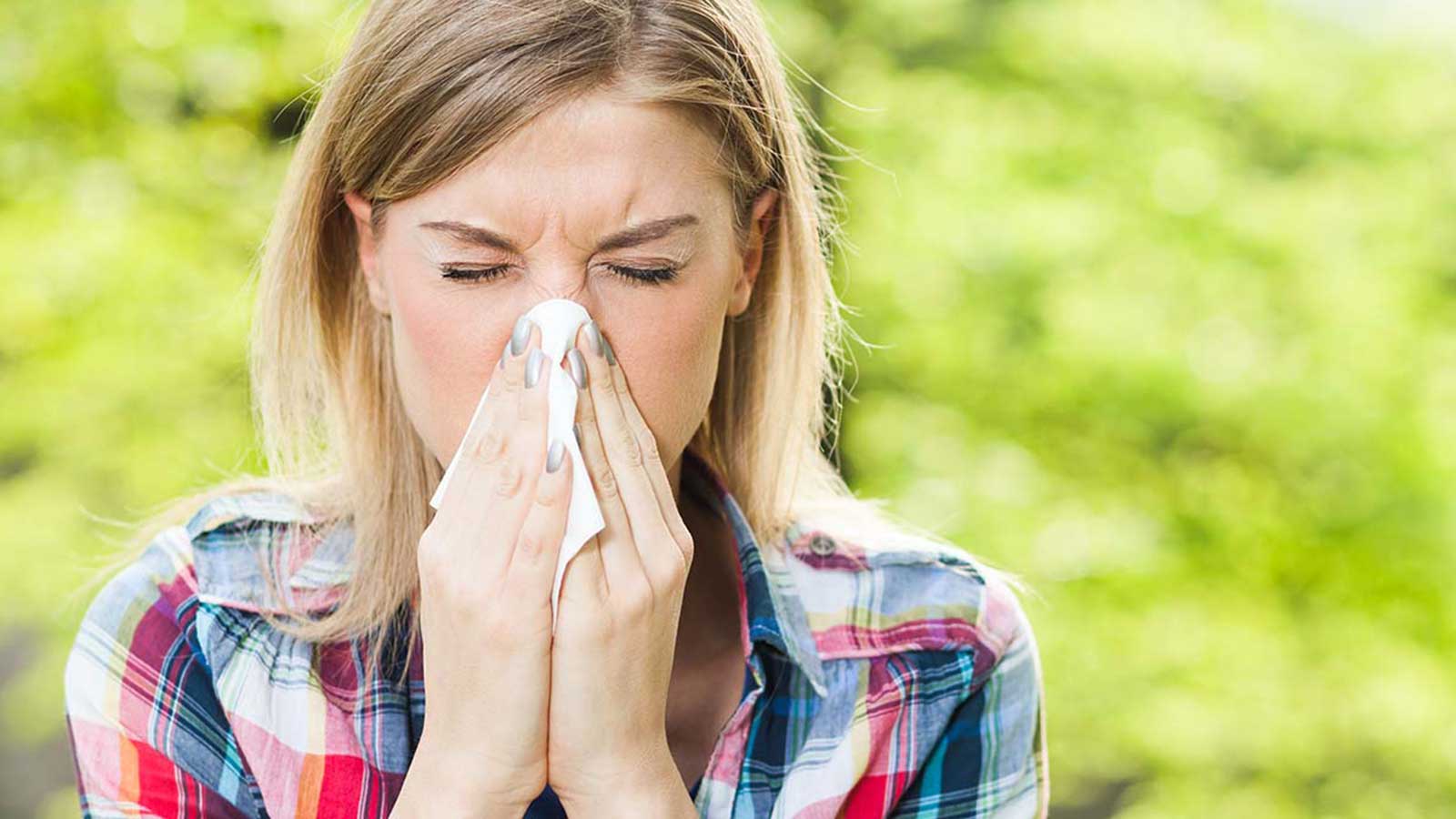Ayurveda, an ancient system of medicine originating from India, has been revered for its holistic approach to health and well-being. It seeks to balance the body, mind, and spirit, emphasizing natural remedies derived from plants and minerals. In recent times, Ayurveda has gained traction for its potential in alleviating common allergies through its unique approach.
Understanding Common Allergies:
Allergies are a common health concern, affecting millions globally. They occur when the immune system reacts adversely to certain substances, triggering symptoms such as sneezing, itching, congestion, and more. Allergens vary from pollen and dust to pet dander and certain foods.
Ayurvedic Philosophy:
Ayurveda views allergies as an imbalance in the body's doshas—Vata, Pitta, and Kapha. The goal is to restore balance, strengthen the immune system, and reduce the body's hypersensitivity to allergens, offering a comprehensive approach to allergy management.
Ayurvedic Medicinal Herbs for Allergies:
1. Turmeric (Curcuma longa):
Known for its anti-inflammatory properties, turmeric is a potent herb used in Ayurveda. Curcumin, the active compound in turmeric, helps reduce allergic reactions and can be beneficial for respiratory allergies.
2. Tulsi (Holy Basil):
Tulsi is revered in Ayurveda for its immune-boosting and anti-inflammatory properties. It can help alleviate allergic symptoms and strengthen the respiratory system.
3. Licorice (Glycyrrhiza glabra):
Licorice is recognized for its anti-allergic properties, making it an effective remedy in managing allergies. It helps soothe irritation and inflammation in the respiratory tract.
4. Triphala:
A blend of three fruits—amla, haritaki, and bibhitaki—Triphala is known for its detoxifying properties. It aids in improving digestion, which is crucial in Ayurveda for managing allergies.
5. Ginger (Zingiber officinale):
Ginger is renowned for its anti-inflammatory and antioxidant properties. It can help relieve symptoms of allergies and provide relief from sinus congestion.
6. Shatavari (Asparagus racemosus):
Shatavari is known for its immune-modulating and anti-inflammatory effects, making it useful in managing allergies and respiratory issues.
Ayurvedic Treatments and Practices:
1. Nasya:
Nasya involves administering medicated oils or powders into the nasal passages. This Ayurvedic practice helps relieve sinus congestion and allergies by promoting nasal cleansing.
2. Diet and Lifestyle Adjustments:
Following a balanced diet, practicing regular exercise, and incorporating stress-reducing techniques like yoga and meditation are fundamental aspects of Ayurveda to manage allergies.
3. Panchakarma:
Panchakarma is a detoxification and rejuvenation therapy in Ayurveda. It can help eliminate toxins from the body, improving overall immunity and reducing allergic reactions.
Ayurvedic medicine, while rooted in ancient practices, continues to gain recognition for its potential in managing common allergies. It emphasizes a holistic approach, addressing the underlying imbalances in the body to mitigate allergy symptoms. However, it's essential to consult an Ayurvedic practitioner before initiating any new treatments to ensure safety and appropriateness for individual health conditions. Integrating Ayurvedic remedies with modern medical approaches can provide a comprehensive strategy for effectively managing allergies and promoting overall well-being.

 Explore the world of Ayurveda and its natural remedies for common allergies. Let's learn about the traditional herbs and treatments used to alleviate allergy symptoms and promote holistic well-being, integrating ancient wisdom with modern health concerns.
Explore the world of Ayurveda and its natural remedies for common allergies. Let's learn about the traditional herbs and treatments used to alleviate allergy symptoms and promote holistic well-being, integrating ancient wisdom with modern health concerns.









.jpeg)











.jpg)








